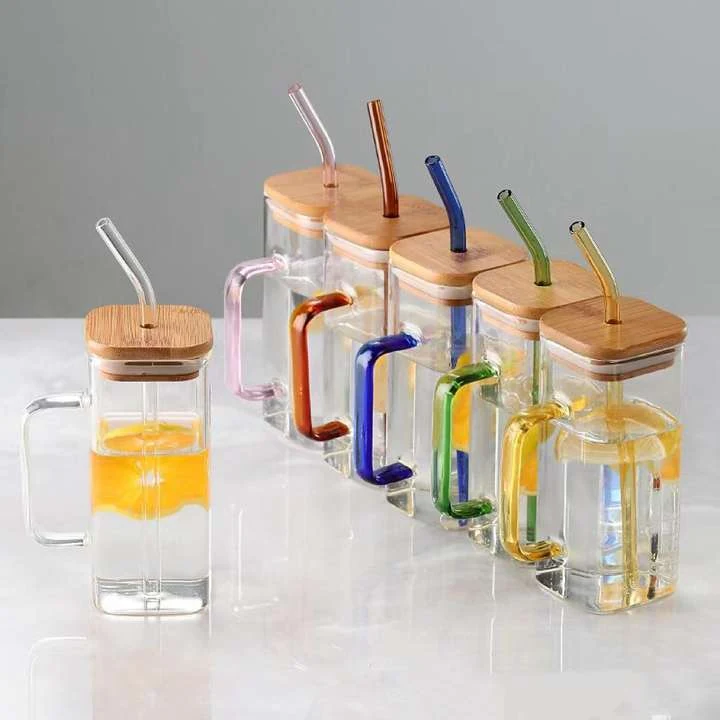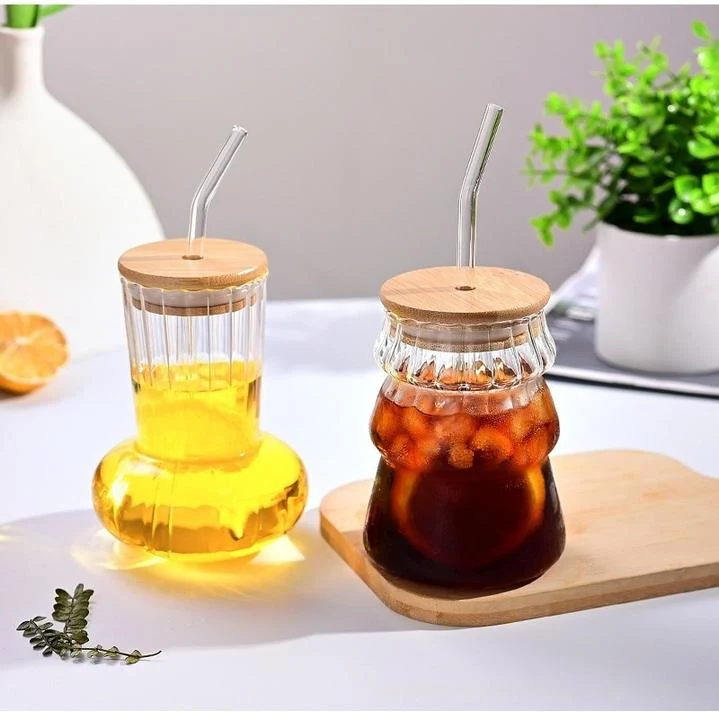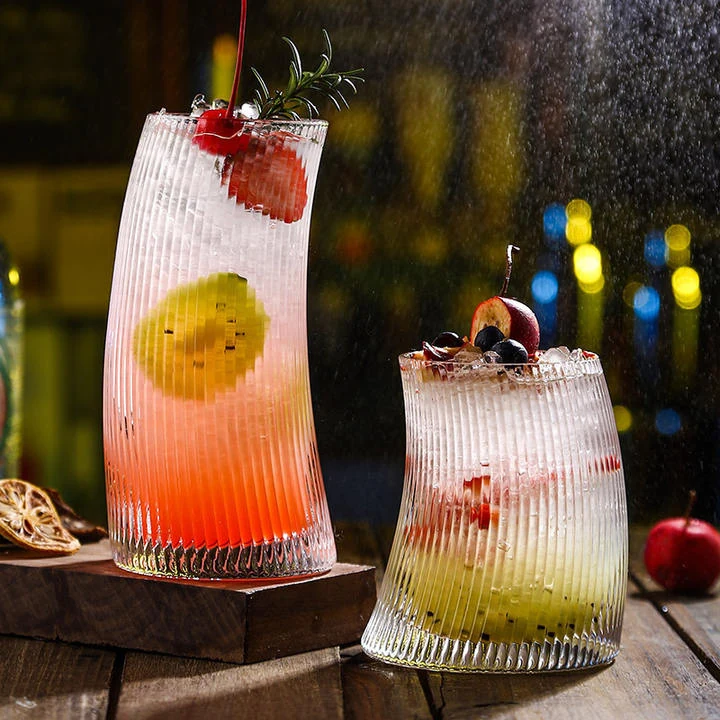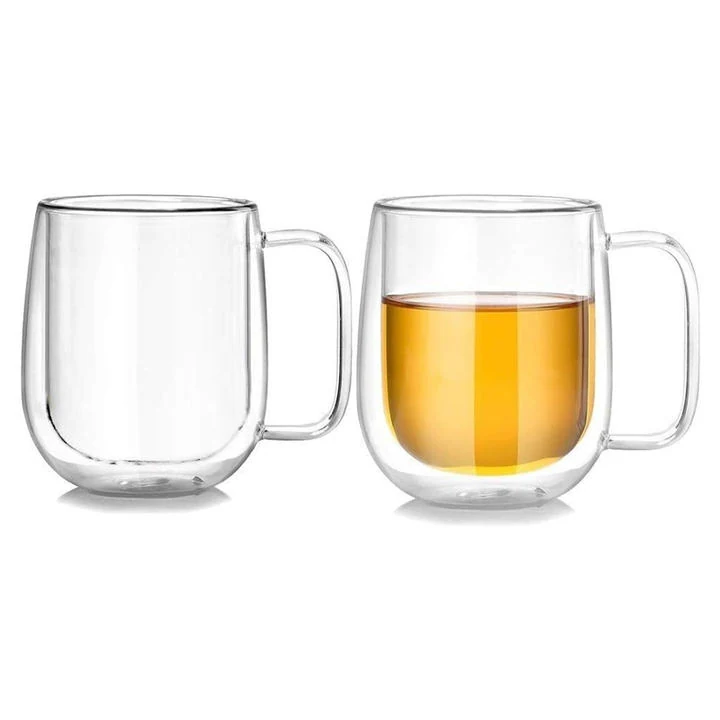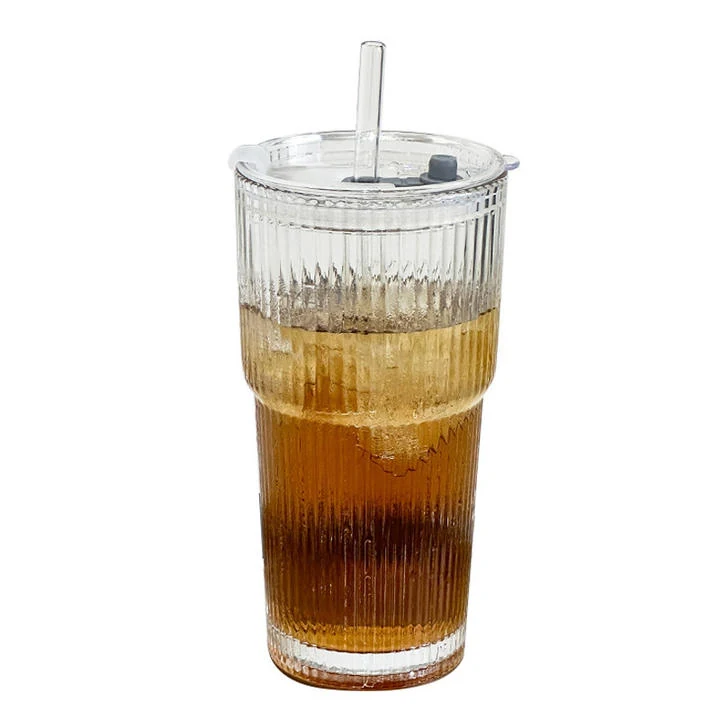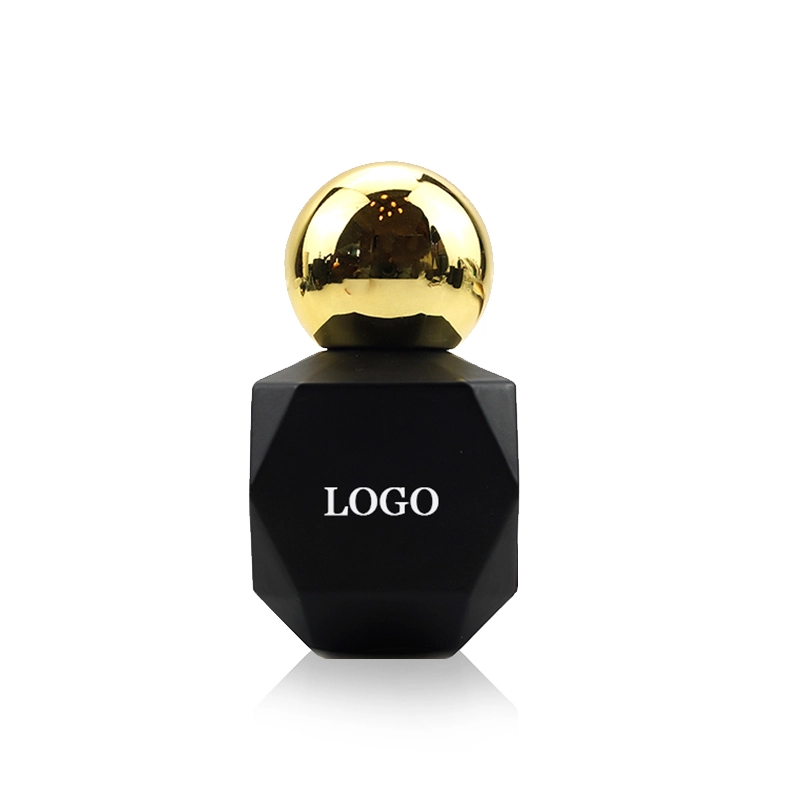
Part 1: Market Size and Growth
The glass bottle industry in the Central African Republic (CAR) is modest but essential for its beverage and food sectors. Beer, soft drinks, and spirits make up the bulk of demand, with breweries serving as the main consumers of glass bottles. Urbanization and growing consumer demand keep this market relevant despite challenges.
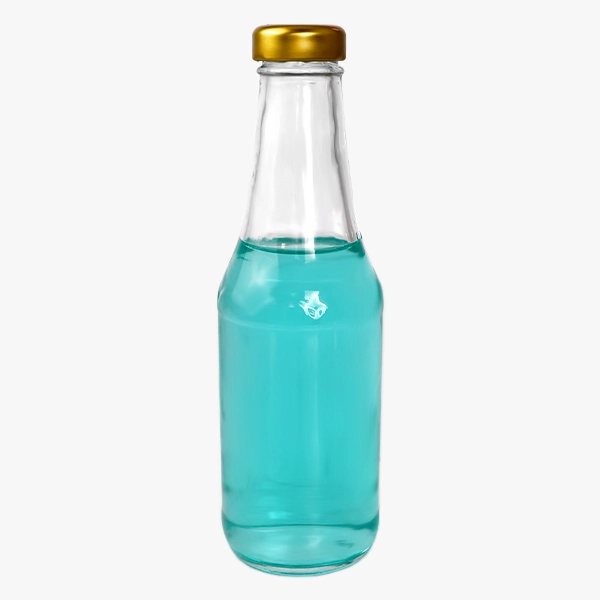
Most glass bottles are imported, primarily from Cameroon, Congo, and other regional suppliers. Local companies focus on bottling and branding while relying on imports for glass containers. This regional dependency makes logistics and trade routes vital.
Government sustainability policies and consumer preferences for reusable packaging support the growing role of glass. Glass bottles are viewed as both eco-friendly and premium, fitting local and export needs.
Part 2: Leading Companies
Mocaf Brewery (Brasseries Mocaf)
Mocaf Brewery, founded in 1953 in Bangui, is the largest brewery in the Central African Republic. It is part of the Castel Group and produces beer and soft drinks.
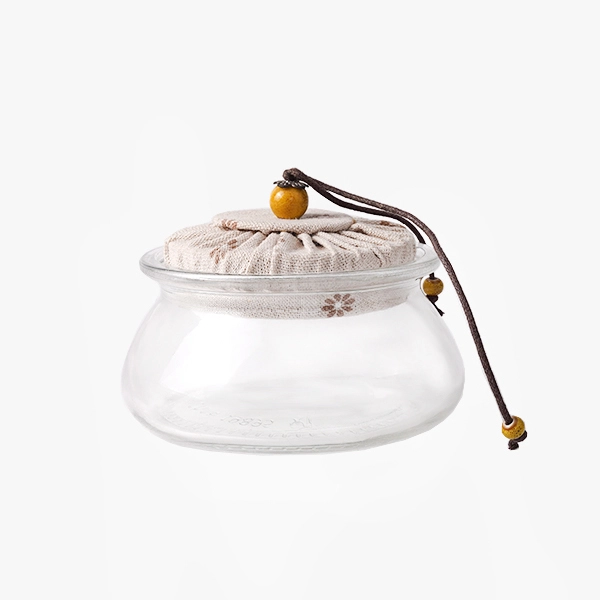
Its products include beer bottles, soda bottles, and refillable containers. Glass bottles are central to Mocaf’s production and brand identity.
The brewery also operates bottle collection and reuse programs, earning recognition for promoting sustainability in the country.
Castel Group (Regional Operations)
As a multinational group, Castel operates across Africa, including CAR. It supplies glass bottles through regional partners and bottling facilities in nearby countries.
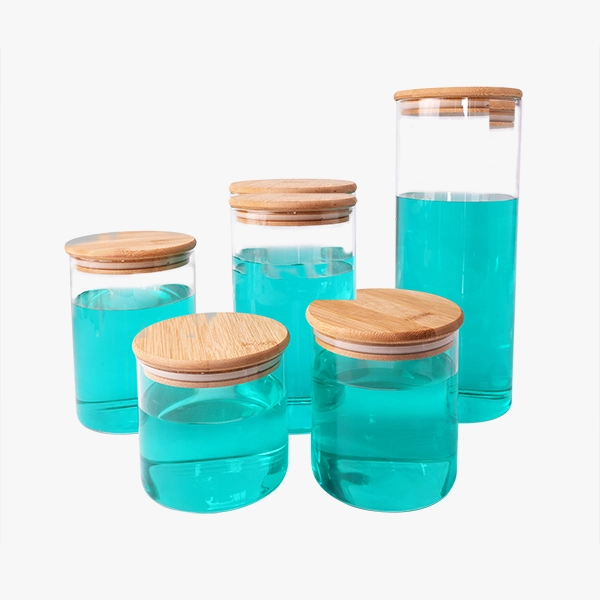
Its product portfolio in CAR includes beer and soda bottles, tailored for the local beverage market. Its logistics and regional supply networks ensure consistent availability of packaging.
The group emphasizes sustainability and modern bottling technology. It holds certifications for quality and environmental standards.
Local Spirits and Craft Beverage Producers
Small-scale distilleries and beverage producers in CAR rely on glass bottles for spirits, traditional drinks, and artisanal liquors. These producers use glass for its durability and branding appeal.
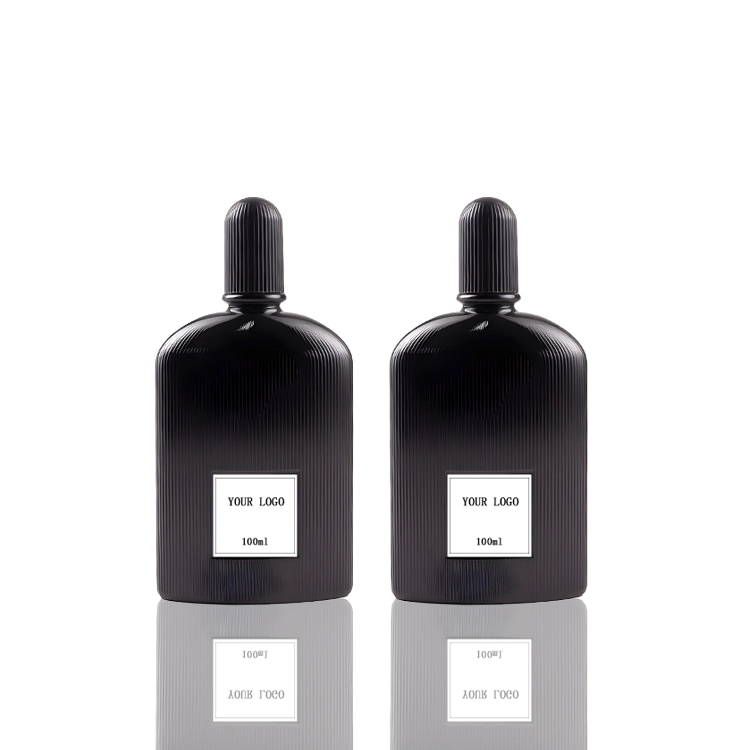
Their products include rum bottles, herbal liquor bottles, and niche beverages for local markets. Glass packaging helps these businesses build trust and cultural identity.
These companies often source bottles regionally but add unique labeling and finishes to promote local branding.
| Company | Founded | Core Products | Industries | Certifications |
|---|---|---|---|---|
| Mocaf Brewery (Castel Group) | 1953 | Beer bottles, soda bottles | Breweries, beverages | Sustainability Recognition |
| Castel Group (Regional Supply) | 20th century | Beer & soda bottles | Beverages, hospitality | ISO & Environmental Standards |
| Local Spirits Producers | Various | Rum bottles, artisanal packaging | Spirits, tourism | Local Compliance Standards |
Part 3: Trade Shows and Industry Events
Bangui International Fair (Foire Internationale de Bangui)
The Bangui International Fair is the country’s largest trade event, covering food, beverages, and packaging. Breweries and beverage companies showcase their glass-bottled products here. It is a central hub for business networking.
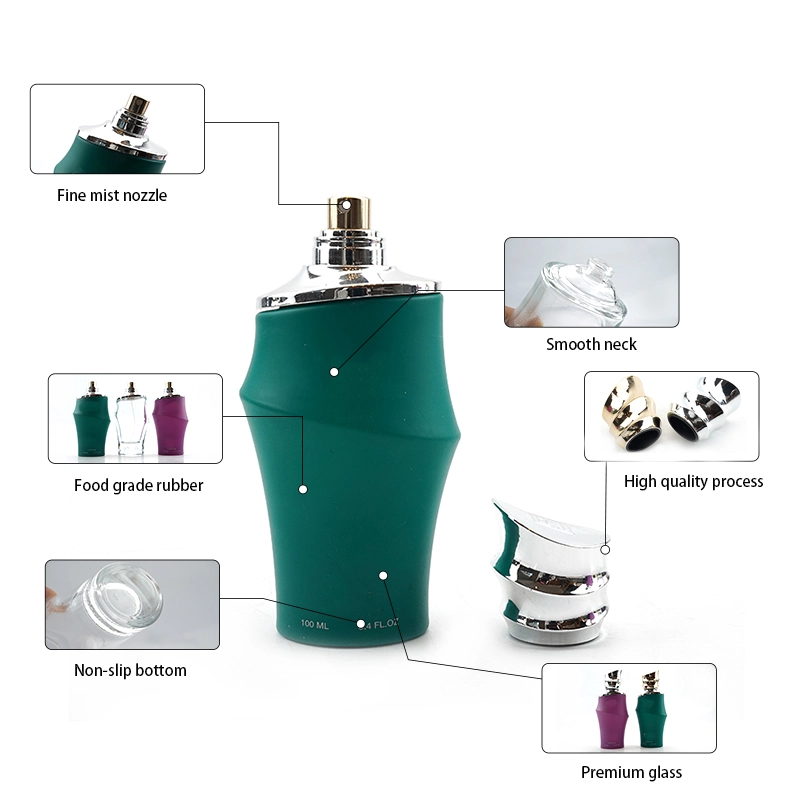
The fair takes place annually in Bangui and attracts local and regional exhibitors. Highlights include beverage launches, packaging showcases, and sustainability programs.
Central Africa Agrofood Expo
The Central Africa Agrofood Expo is a regional exhibition that brings together suppliers, buyers, and manufacturers from neighboring countries. Glass packaging is a key focus, with regional suppliers presenting solutions for CAR producers.
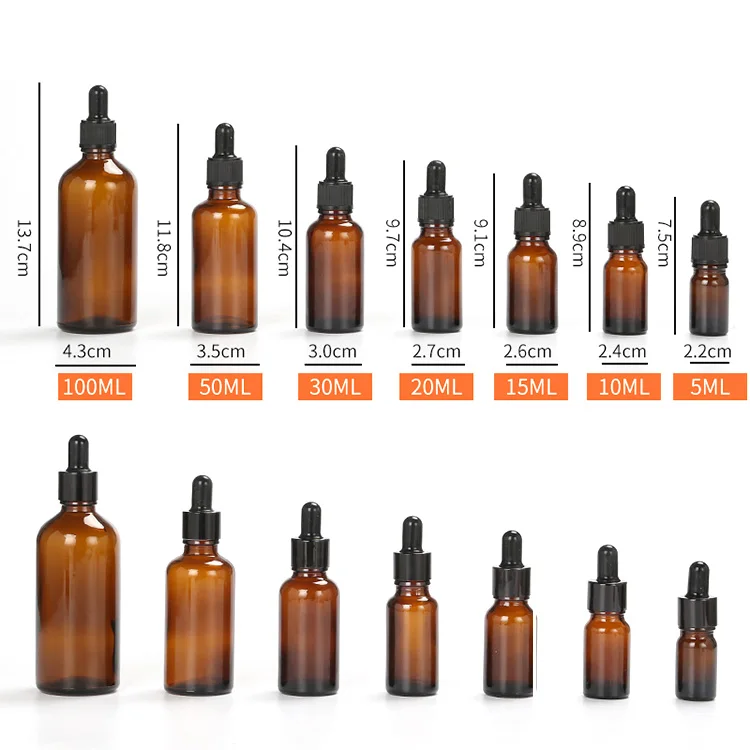
Held across rotating Central African cities, the event covers packaging innovations, eco-friendly solutions, and recycling initiatives.
| Event | Date | Location | Highlights |
|---|---|---|---|
| Bangui International Fair | Annual | Bangui, CAR | Beverage packaging, local trade, sustainability |
| Central Africa Agrofood Expo | Annual | Central Africa (rotating) | Glass packaging, recycling technologies |
Part 4: Impact of Global Trade Policies
The Central African Republic imports nearly all of its glass bottles, making trade policies and regional agreements critical. Tariffs, logistics disruptions, and shipping costs directly impact supply chains. This dependence creates vulnerabilities for local producers.
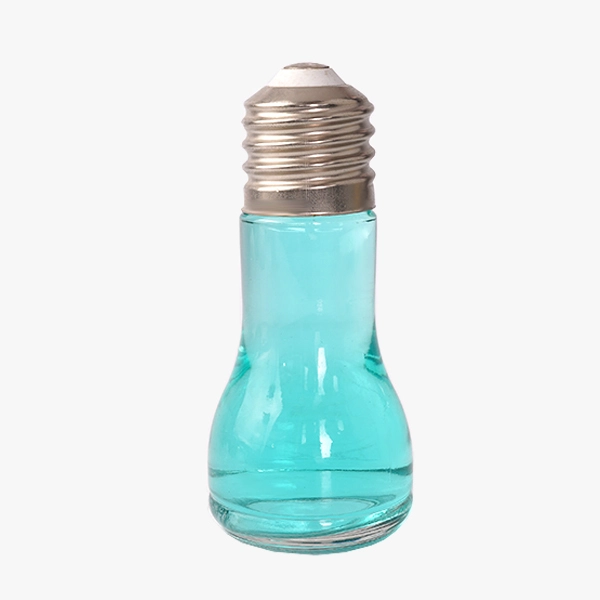
Regional trade agreements within CEMAC allow CAR to import bottles more easily from Cameroon and Congo. This integration reduces costs and stabilizes supply.
At the same time, global sustainability initiatives encourage refillable and recyclable packaging. By aligning with these eco-friendly standards, local producers can strengthen their competitiveness in both domestic and export markets.
Part 5: Conclusion
The Central African Republic’s glass bottle industry is centered around Mocaf Brewery and supported by regional imports and small-scale distilleries. Sustainability efforts and regional trade networks create growth opportunities.
Challenges include heavy reliance on imports, logistics difficulties, and limited recycling infrastructure. The future of the sector depends on regional integration and eco-friendly packaging solutions.
Recommended Reading:
- Glass Bottle Manufacturers in Cape Verde
- Glass Bottle Manufacturers in Czechia
- Glass Bottle Manufacturers in Cameroon
- Glass Bottle Manufacturers in Cambodia
- Glass Bottle Manufacturers in Burundi
- Glass Bottle Manufacturers in Burkina Faso
- Glass Bottle Manufacturers in Brunei
- Glass Bottle Manufacturers in Botswana
Glass Bottle Manufacturers in Seychelles
mini jam jars bulk 100ml 250ml
Glass Tumbler With Straw Wholesale 400ml
1 Liter Swing Top Bottles

